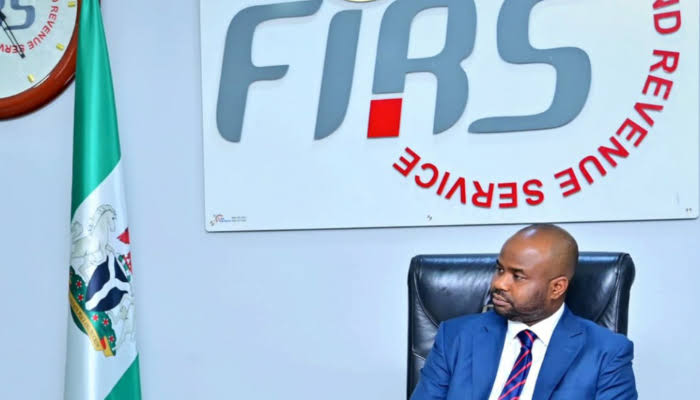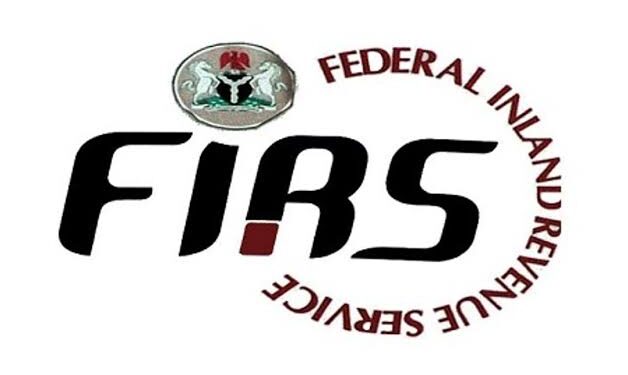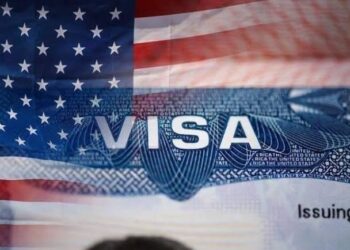The Chairman of the Federal Inland Revenue Service (FIRS), Zacch Adedeji, has said that under Nigeria’s current tax rules, more than 70% of the Value Added Tax (VAT) money goes to just three places: Lagos, Rivers, and the Federal Capital Territory (FCT). Adedeji shared this information on Monday during a public meeting about new tax reform bills at the House of Representatives in Abuja.
Adedeji explained that the current way VAT is shared gives a lot more to Lagos, Rivers, and the FCT because many big company offices are in those places, even though most of the spending happens in other states.
“Lagos takes 42% of the VAT, Rivers takes 16%, and the FCT receives 9%, while Oyo gets 5.2%. Together, these three places get over 70% of the VAT money,” he said. Adedeji also gave an example using MTN, Nigeria’s biggest company paying taxes, and mentioned that since its main office is in Lagos, all the VAT from the company goes there.

The tax reform bill aims to fix this issue by using a method called the derivation principle for VAT. This method sends the revenue to the states where goods and services are actually used, not where corporate headquarters are located. Adedeji explained that this way, all states get a fair share of VAT revenue, irrespective of their economic or industrial capacities.
“VAT, by definition, is a consumption tax. Using the derivation principle for VAT means giving the money to the state where the item is bought, not where the company’s main office is,” Adedeji said. He pointed out that this method is different from the one used for oil-producing states, which is based on where the oil is made.
According to Section 40 of the VAT revenue, the VAT revenue is divided like this:
- 15% to the Federal Government
- 50% to the States and the FCT
- 35% to Local Governments
Additionally, 20% of the money given to states and local governments follows a special rule called the derivation principle. Other factors for dividing the money include 50% based on equal shares and 30% based on population. Furthermore, 4% of the total VAT money goes to the FIRS as a fee for collecting it, and 2% goes to the Nigeria Customs Service for VAT on imported goods.

















